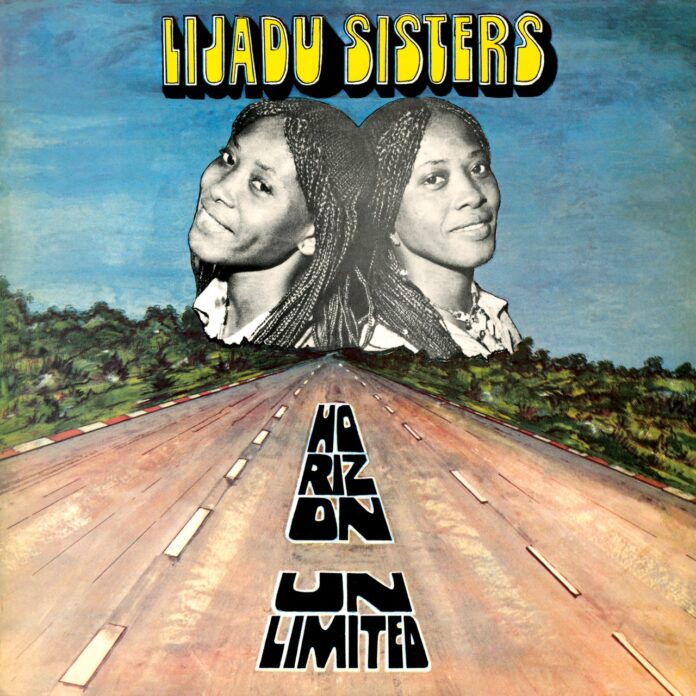All five albums by the Lijadu Sisters—the trailblazing Nigerian duo of twins Yeye Taiwo Lijadu and the late Kehinde Lijadu—are getting the reissue treatment via Numero Group. The slate of reissues kicks off with a remastered edition of their final album, 1979’s Horizon Unlimited, which includes the Lijadu Sisters’ sun-drenched hit, “Come on Home.” On September 20, Numero Group will release the album on LP and CD, along with the first-ever transcription of the record’s lyrics in Yoruba and English, corrected album credits, and more.
Numero Group has already released all five of the Lijadu Sisters’ LPs on streaming platforms, and will announce the physical editions over the next few years. The duo’s discography—rounded out by Urede (1974), Danger (1976), Mother Africa (1977), and Sunshine (1978)—has been remastered by engineer Michael Graves. Numero Group will also reissue rare recordings from the siblings, previously unavailable singles, and promotional EPs throughout the campaign.
“I think one of the most exciting things about the reintroduction of Horizon Unlimited is the fact that young folk love our music, and are surprised at the upbeat tempo, and the lyrics, which are not only of today, but also very futuristic as well,” Yeye Taiwo Lijadu said in a press release. She continued:
The Lijadu Sisters’ career-spanning reissue series is significant not only for the wider reception of their work, but also due to the long-term challenges the siblings faced as one of the only women-led acts in Nigeria’s male-dominated Afrobeat scene. Decades before Yeye Taiwo regained control of the Lijadu Sisters’ catalog, in 2021, she and her sister were subjected to unpaid royalties, copyright infringement, and discrimination based on their race and gender.
In recent years, Amaarae, Paramore’s Hayley Williams, Ayra Starr, Jamie xx, and Nas have all pointed to the Lijadu Sisters’ influence on their own work. In 2014, the sisters performed with David Byrne, Damon Albarn, and Hot Chip’s Alexis Taylor during a tribute to Nigerian musician William Onyeabor.
All products featured on Pitchfork are independently selected by our editors. However, when you buy something through our retail links, we may earn an affiliate commission.
Source : Pitchfork






